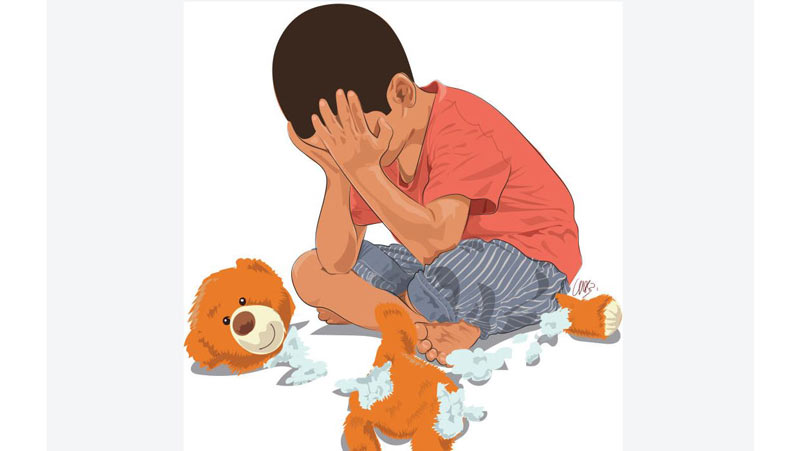×
The Standard e-Paper
Stay Informed, Even Offline

I dated a rock once. Girl couldn’t express emotion to save a baby from drowning.
The word passion meant zilch to her. Thing about dating is that when you have a passionless partner, you will work your behind off trying to connect with them on an emotional level and they will feel pressured and run off and then you will chase them and that relationship will be dead faster than you can sing have a baby by me baby.